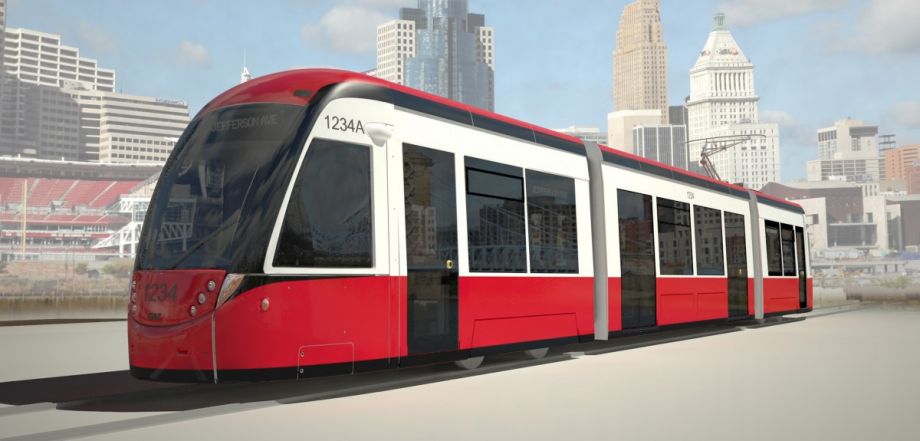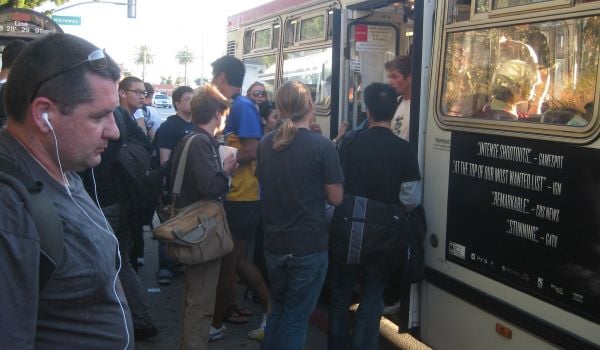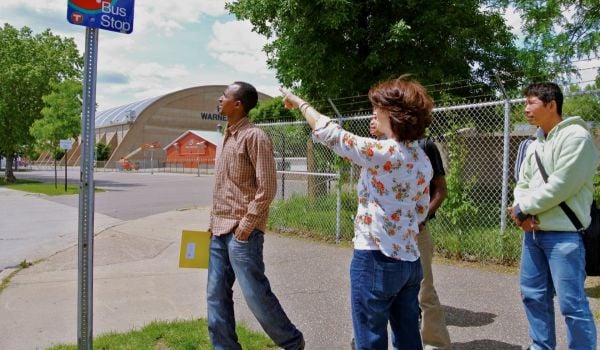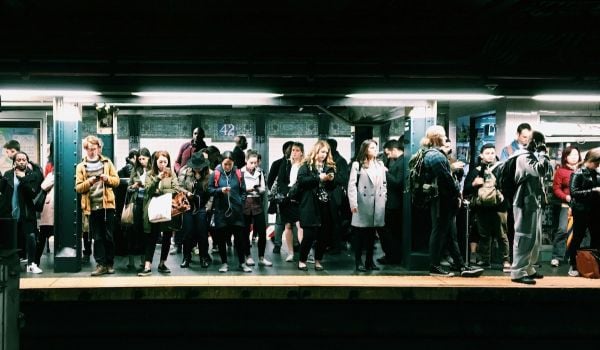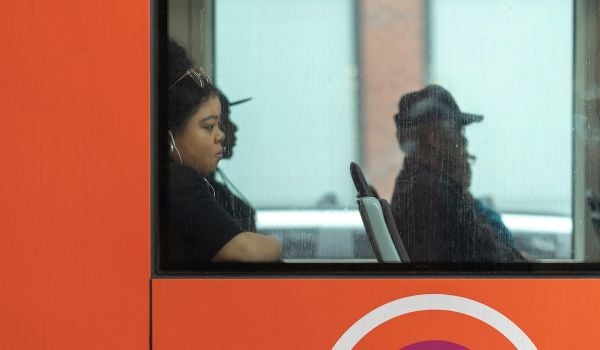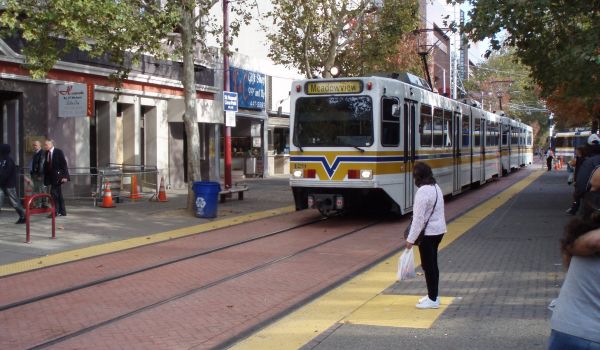Mixed-traffic streetcars, faddish though they may be in U.S. cities of late, are often pegged as merely symbolic transit. Without dedicated lanes, they don’t move any faster (and sometimes move slower) than the ordinary buses they replace, and require millions in capital expenditures to build. Boosters say streetcars attract more riders than buses, and real estate developers along their routes tend to like them, but transit experts have generally been cool to the idea.
Jarrett Walker, a Portland-based transit consultant and blogger, summed up the pro-transit, anti-streetcar sentiment in a controversial 2009 blog post:
Streetcars that replace bus lines are not a mobility improvement. If you replace a bus with a streetcar on the same route, and make no other improvements, nobody will be able to get anywhere any faster than they could before. This makes streetcars quite different from most of the other transit investments being discussed today.
It seems like Cincinnati’s new mayor, who won November’s election on the back of anti-streetcar sentiment, hopes to one-up the pro-streetcar crowd with a symbolic move of his own: Killing the project and not actually saving any money — or at least not any significant amount.
Mayor John Cranley, who took office December 1, is making good on his vow to kill the streetcar, with the help of a newly elected, anti-streetcar city council. In a 5-4 vote, the council suspended work on the project pending an audit by an outside firm on the costs of halting the project or continuing it. The auditors were supposed to be hired within a few days, and their work would take two weeks.
Which may not be quick enough for the feds. Cranley took to Facebook, his preferred medium for communicating news about the project, to write on December 6 that Peter Rogoff, head of the Federal Transit Administration, told him that the FTA will hold off on any decision to cancel its contributing funds toward the streetcar until December 19.
In another post later that day, Cranley issued the following update:
FTA Administrator Rogoff says that with State cooperation we can keep the $4 Million [Congestion Mitigation and Air Quality Improvement] grant if the streetcar is canceled. He said that current law requires that the rest of the federal grant money be taken back. I told him that I was working with our congressional delegation (Senators Brown and Portman, Congressmen Chabot and Wenstrup) to change that outcome if the project is canceled. He stated that that is exactly what he would do if he were in my shoes.
Meanwhile, the streetcar project manager says that canceling the project would still mean spending up to $125 million — $8 million short of the $133 million total cost to complete the project. Of this $125 million, $32.8 million has already been spent, $45 million in federal funds would have to be returned (or $4 million less than that, given Cranley’s conversation with Rogoff), and $30.6 to $47.6 million to “close down the project.” This last bit presumably includes costs to break contracts with consultants, contractors and vendors, as well as to pay city staff to wind down the project.
But the pro-transit, anti-streetcar folks don’t seem to have much to gain from canceling the project anyway. Rather than pouring the money saved into better bus service or planning a light rail line, candidate John Cranley proposed… rubber-tire trolleys.
December 19 remains the date by which we’ll find out who wins this depressing drama — the streetcar advocates pushing mobility-less transit, or the streetcar foes pushing slightly cheaper, but entirely transit-less, transit spending.
The Works is made possible with the support of the Surdna Foundation.
Stephen J. Smith is a reporter based in New York. He has written about transportation, infrastructure and real estate for a variety of publications including New York Yimby, where he is currently an editor, Next City, City Lab and the New York Observer.


